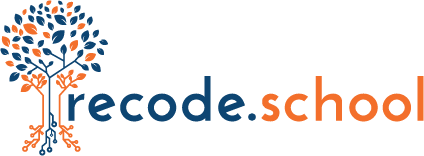#StopHittingUs
One thing that bothers me profoundly about my home state here of Kentucky is that the Legislature of Kentucky endorses and specifically sponsors through state employees the hitting of children in schools.
State employees physically hit children. Take that sentence in for a moment ... let that roll around your pre-frontal cortex (the same pre-frontal cortex that is not even developed yet in the young children we are hitting).
And, when hitting does happen we don't even bother to track it that well. Teachers in other states would be terminated, their license revoked, a civil suit would be likely, and criminal charges would not be out the question. But, in Kentucky it is "doing their job" as defined by the State.
So, Kentucky, what about that makes sense? Even back in the day 100 years ago ... what about the concept of the government hitting children seemed like a good idea?
That this is protected by government-skeptical, freedom loving, family-values conservatives is even more illogical to me. When does family-values include the concept of the government hitting your children for you? Such massive government intervention in a family's personal affairs is not something one would assume conservatives would support. Yet, here we are ... the conservative chair of the Kentucky Senate (a respected advocate for Kentucky education otherwise) refuses to hear the issue.
I'd love if any of my conservative friends and family, or whoever wants to jump in, are comfy with the government doing this and can explain why you think the government is well-positioned to make this choice for your family?
My only hope is that the kids themselves will stand up to the adults who are hitting them (not just the principals, but school boards, superintendents, and most specifically state legislative officials).
Image Source: Kindred Media
Children of Kentucky, my advice to you if you care about your fellow children and the future of your own Commonwealth, please ask the Legislature to #StopHittingUs. Send emails, send tweets, stand on the capitol steps or better, stand on the steps of their local offices ... right out by the road where everyone can see you with big posters with 14 characters ... #STOPHITTINGUS. Don't argue policy. Don't even engage them. Simply ask them, time and time and time again ... to #StopHittingUs. Make them have to explain that to the newspaper. Make them explain that to your parents. Make them explain that to local businesses. They can keep doing this to children because they don't have to personally own it ... but you can make them have to own it ... and, if you do, I'm confident they will just cave.
Kiddos ... the government is yours just as much as it is theirs. Make it happen.

























